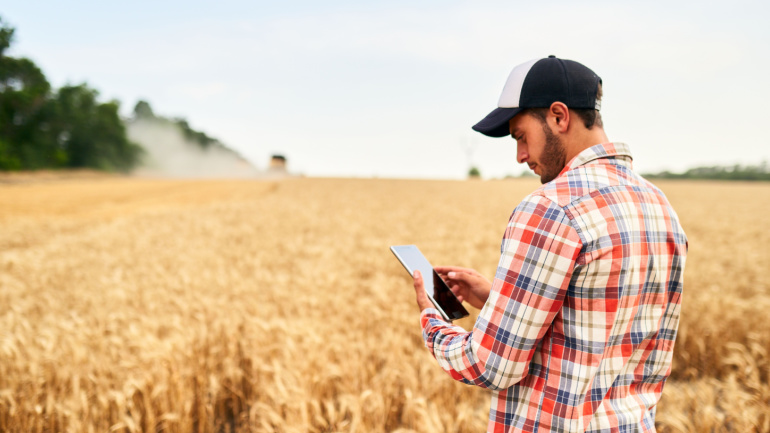UK operator VMO2’s recent innovation eliminates network dead zones across a 126-acre farm, combining telecom and agriculture to test the impact of digital technology on rural farming. This collaboration enables real-time tracking of high-value items, prompt alerts on farm security breaches, and efficient crop health monitoring, thereby potentially boosting farm productivity and significantly reducing losses.
VMO2, a leading UK telecom company, is saying goodbye to 3G services by 2025, focusing on the advancement of 4G and 5G capacities. Though this marks the end of an era, it opens doors for superior technology and remarkable energy efficiencies. What does this imply for consumers and the future of mobile connectivity? Let’s explore.
CityFibre recently dismissed rumors of a potential sale to rival Virgin Media O2, highlighting the company’s commitment to expansion in the fibre network sector. Despite financial pressures and a current debt of £3.9 billion, CityFibre remains focused on its goal to connect 8 million homes by 2025. The company is actively seeking £1 billion in additional funding to support growth and the acquisition of smaller networks. CityFibre underscores its strong market position and expects to announce new financing details soon, solidifying its leadership in the fibre network space.
BT and Openreach have secured a £9.8 million contract to deliver high speed broadband to over 1,700 underserved sites in Southwest Wales. This major infrastructure project aims to bridge the digital divide, boost connectivity in remote areas, and support economic and social development.
Virgin Media O2 Business and Daisy Group have merged to create a major force in UK communications and IT. With around 700,000 customers and projected savings of £600 million, the new entity aims to drive B2B growth and digital transformation. VMO2 holds a 70 percent stake, and leadership will include executives from both companies.
BT has secured a five-year partnership with DEFRA to connect 34,000 workers and devices across the UK. Using EE’s mobile network and the Shared Rural Network, the project enhances safety, monitors the environment, and supports carbon reduction, helping DEFRA predict weather events and prevent critical incidents in rural areas.
Virgin Media O2 has cut Scope 1 and 2 emissions by 56 percent since 2020 and expanded its electric vehicle fleet. Progress includes major energy savings, renewable electricity use, and reductions in packaging waste, all part of its push toward net zero emissions.
Vodafone and Three are exploring a Pay-TV service bundled with broadband, phone, and mobile plans. This comes after their £15 billion merger, aiming to capture a broader audience. Competing against Virgin Media O2 and BT, they’re leveraging existing expertise from Germany and the Netherlands to navigate shifting preferences towards streaming.
The UK’s major mobile operators are challenging Ofcom’s proposed changes to spectrum annual license fees. Despite a proposed 21% reduction in fees for the 900MHz and 1800MHz spectrums, and a 12% increase for the 2100MHz band, operators argue the fees are still too high.













